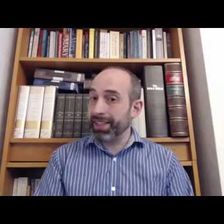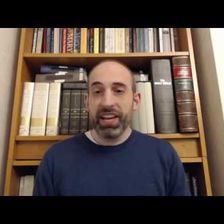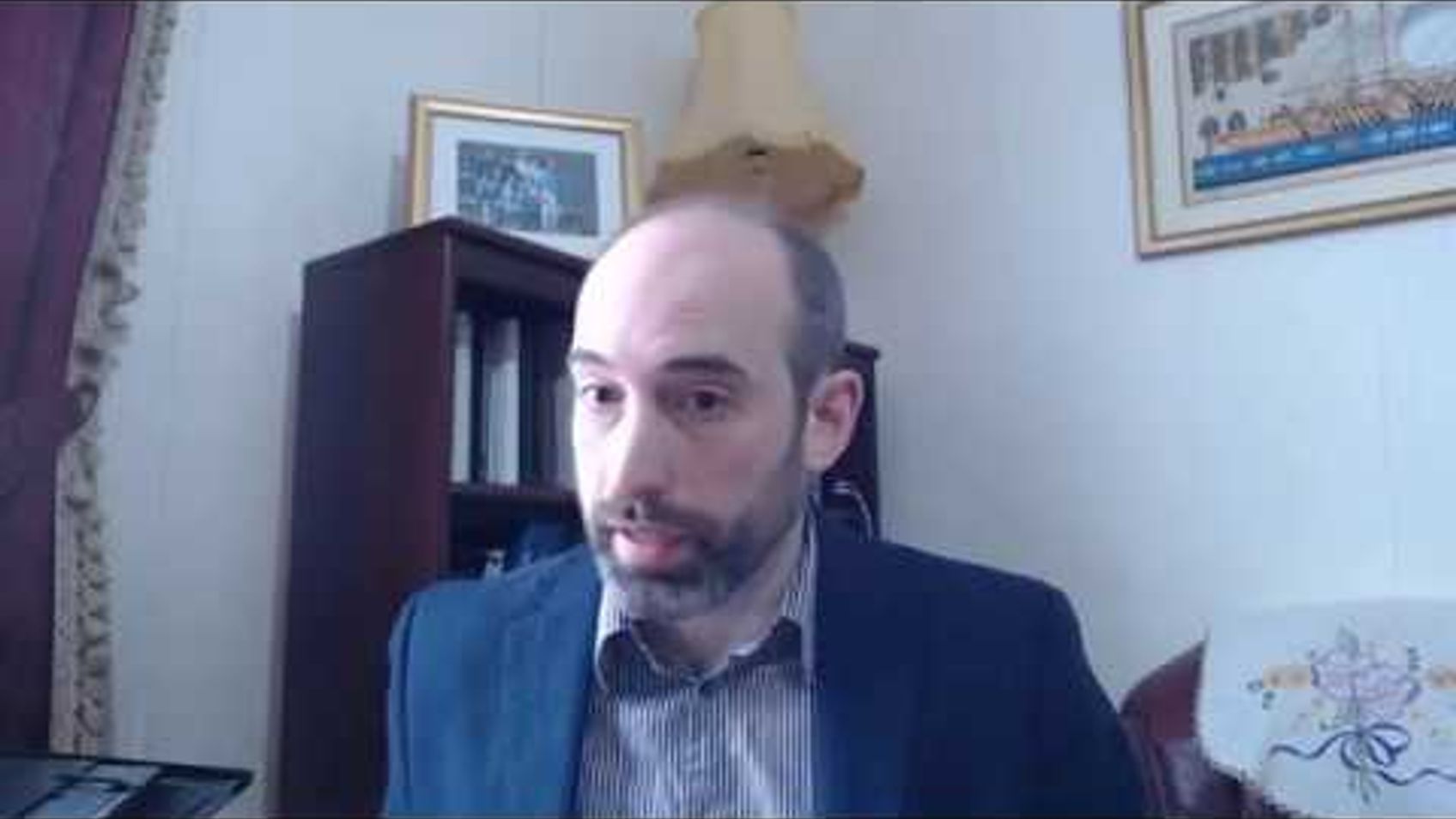Q&A#128 The Man at Shechem

Today's question: "In part 27 of Abraham’s story you started to talk about the ‘random man’ who gives Joseph a lot of information in 37:15-17. Could you say some more about this odd character?"
Watch the video on the sale of Joseph that is referenced here: https://www.youtube.com/watch?v=Pj4L1P9Ixkg.
My blog for my podcasts and videos is found here: https://adversariapodcast.com/. You can see transcripts of my videos here: https://adversariapodcast.com/list-of-videos-and-podcasts/.
If you have any questions, you can leave them on my Curious Cat account: https://curiouscat.me/zugzwanged.
If you have enjoyed these talks, please tell your friends and consider supporting me on Patreon: https://www.patreon.com/zugzwanged. You can also support me using my PayPal account: https://bit.ly/2RLaUcB.
The audio of all of my videos is available on my Soundcloud account: https://soundcloud.com/alastairadversaria. You can also listen to the audio of these episodes on iTunes: https://itunes.apple.com/gb/podcast/alastairs-adversaria/id1416351035?mt=2.
More From Alastair Roberts






More on OpenTheo















